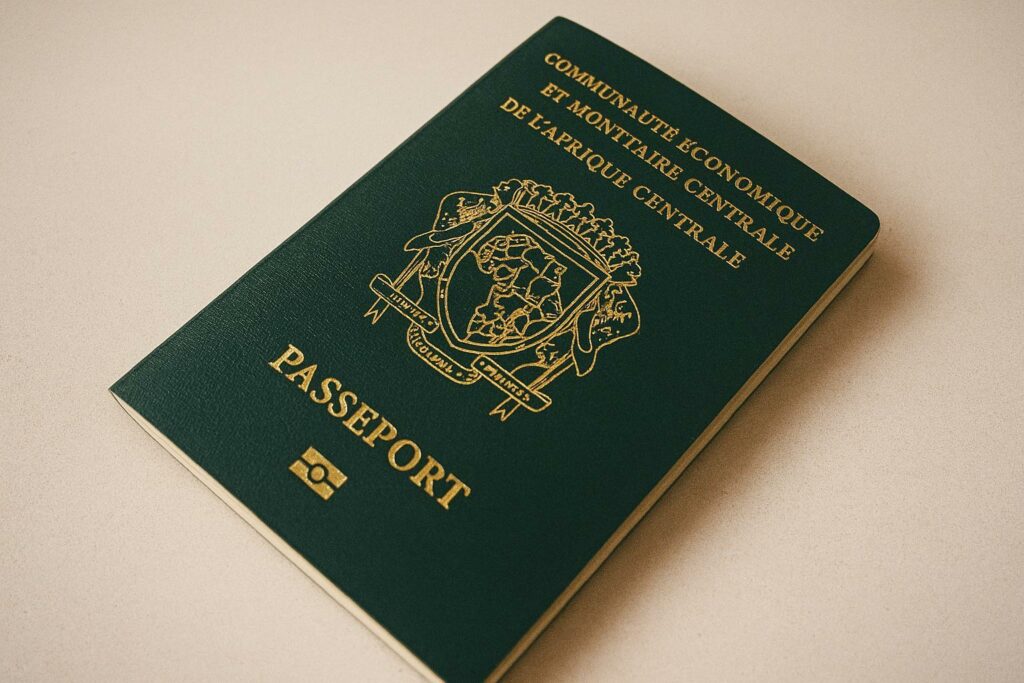Mandela Washington Fellowship Disrupted
The U.S.-imposed travel ban on Congolese nationals has cast a shadow over the Mandela Washington Fellowship, part of the Young African Leaders Initiative spearheaded by former President Barack Obama in 2010. Traditionally, this fellowship enables selected young Congolese leaders to participate in an intensive program at American universities. However, the recent travel restrictions, enacted on June 4 under the Trump administration, have deprived aspiring fellowship candidates of this year’s experience, essential for their personal and professional development. According to Chestine Makosso, president of YALI Congo, the situation is lamentable, particularly for the cohort of the 2025 fellowship year, who have yet to realize their dreams of attending the training in the United States.
Challenges Under Trump Administration
The Young African Leaders Initiative (YALI), particularly the Mandela Washington Fellowship (MWF), has been a vital program, funded by the U.S. Department of State, aimed at fostering skills in entrepreneurship, democratic governance, leadership, peace, and security among young leaders. However, the return of Donald Trump to the presidency has resulted in numerous challenges for YALI Congo. These challenges include the closure of USAID-funded regional centers and a suspension of collaborative projects, such as the Yali Green Kids initiative, as confirmed by Makosso.
Strategic Partnerships and Lost Opportunities
Despite the lack of direct funding, the U.S. Embassy remains a pivotal partner for YALI’s operations. The recent suspension of cooperation underscores the diplomatic strains affecting the initiative. The fellowship provides not just training, but also opportunities for mentorship and networking, which are crucial for the socio-economic development of Congo’s young population. Ulrich Mabika, a fellow YALI member, expressed his concern that the travel ban severely limits Congolese participation in this transformative program, potentially stalling the developmental momentum that these young leaders could bring to their communities back home.
Rationale Behind the Ban
The Trump administration cited deficiencies in traveler identity verification and cooperation issues in repatriation processes as some of the reasons behind Congo’s inclusion on the travel ban list. Additional motivations included national security concerns about protecting the United States from foreign terrorists. Congo is joined by nations such as Chad, Somalia, and Yemen on this contentious list. Such reasons, while diplomatically charged, have led to the barring of countless youths from accessing opportunities that could have a significant impact on their future and their nation’s prosperity.

